48 Experts Share Their #1 Tip for New Project Managers
In our LinkedIn Project Management 2.0 group ( you can join us here! ), we asked experienced project managers to divulge their #1 tip for newcomers to the field. Not surprisingly, these process fanatics shared a plethora of great tips to help newcomers succeed in this ever-changing area of work.
Interested in what kind of advice they had to improve your project management processes and how to get a project manager job ? Read through their project management advice below, and see what you can learn as you walk into your first, second, or even tenth PM role.
"I think that all the important tips could be summarized with a metaphor: You should be like an Orchestra Director for your team, with a detailed project plan as score." — Jose Ignacio Bernaldo de Quiros Ochoa
Everyone Agrees — Excellent Communication is the #1 Indicator of Success
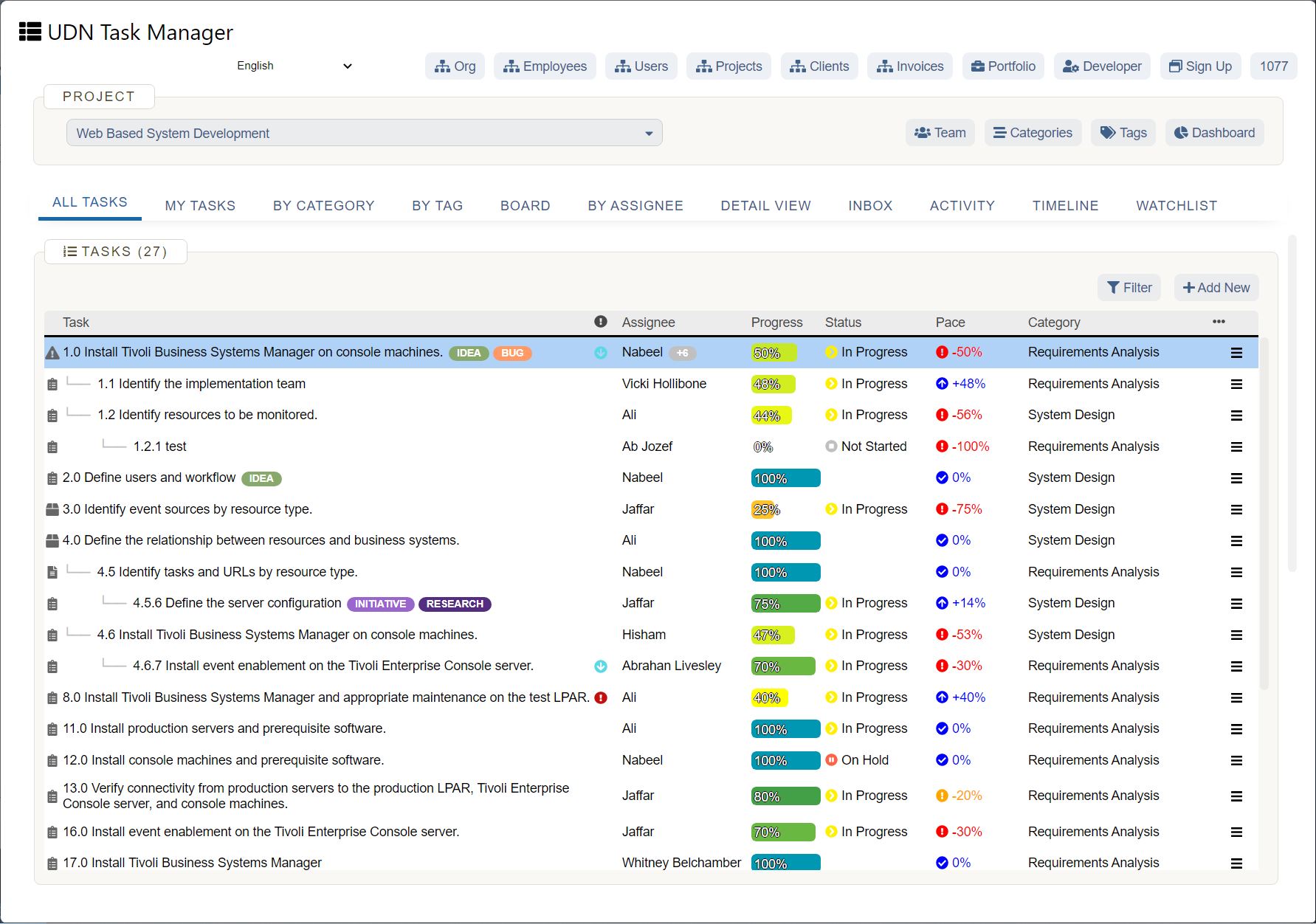
Understand the culture Communication is key, and much of that will be informal, so building your network and understanding culture and dynamics are key. Thomas J. Dickie, PMP
Be accessible to learn more Always allow people to come to you. Be accessible and listen to what project team members will ask or comment all the time. The more you know, the better you are able to make decisions. Buy knowledge and sell solutions unless you want to pay for project deviations. Fábio Issao Watanabe
Communicate to identify changes quickly I think that success depends on communication and focus on the goal. Good communication with the team identifies deviations in a timely manner. Good communication with customers can quickly identify changes in scope . Oscar Teran
Keep detailed project notes to share Follow up on tasks and Communicate, Communicate, Communicate. Keep detailed notes and make sure everyone on the team is aware of what is happening. Monteau (Montee) Outlaw
Discuss challenges, roadblocks, & risks Make sure to be transparent within your core and your extended project team, as well towards your managers, owner, sponsor. Communicate roadblocks, challenges, and risks clearly and in advance for everyone to see. Know and accept: no one cares for, or is as committed to your project as much, as you are/must be. Janos Veres
Listen to opinions from everyone, even if you reject them later Keep communication channels open for all stakeholders: the team, the sponsor, the customer, the end user, your boss, etc. I am not saying that you let yourself be manipulated by every party, just try to listen before making decisions. Hear every opinion, then make your route. Mehmet Degirmencioglu
Respect every opinion as if it were your own Train communication, create empathy with your stakeholders. Respect and value everybody's opinions, even if you don't completely agree. João Rodrigues
Challenge ideas to make them better You are hired to manage projects; your team is hired to be the technical expertise to deliver that project. Therefore, if they are telling you something, it's usually a good idea to take in what they're saying and, in some cases, challenge it. If you're not technical, ask for clarification on points you genuinely don't understand. You can also seek advice from colleagues who are more established as a technical project manager . That's normally enough for technical teams to make them think through their explanations, so they'll carry out an internal check to ensure their thinking is sound. Andrew Hudson
Build rapport and trust with clients Build rapport with the client. Build trust and then never lose it. Under promise and over deliver. Plan and communicate. Marc Hammoud
Don’t Pretend You Know Everything on Day One
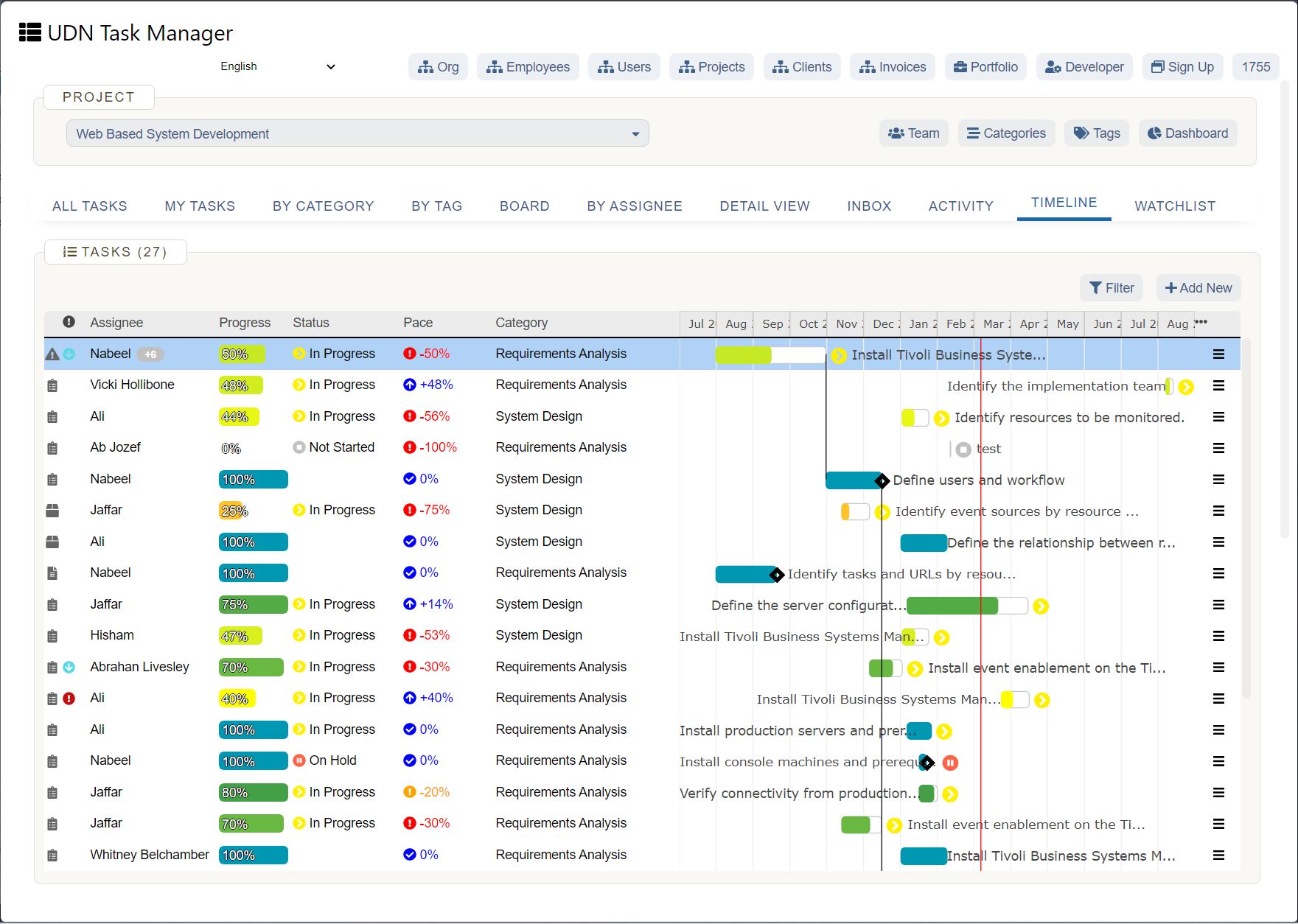
Always ask "that question" You may not have the experience needed to do things 100% correct the first time, so keep it real and allow people to give you suggestions. My #1 suggestion to newbies is: Always ask "that question". Finding a balance between asking questions or following up offline is a talent you will learn over time, but for now, don't be shy. You might harm your own project by not speaking up until it becomes a show stopper near implementation time. Speak up and you will find your team is truly on your side! John Skowronski, PMI-ACP, PMP
Don't isolate your team with overconfidence Do not think you know everything. I've seen too many project managers take a hard line and push things through because they think they know best. That breeds resentment in the project team. I've seen project managers exert their supposed technical or subject authority on a project, only for that project to ultimately remove those additions at a later and more expensive stage. Andrew Hudson
Learn from every experience You don't have to know everything about everything — it's ok to ask questions and learn from each experience. Ann Lynne Dodson
To Be the Best, Hone Your Leadership & Management Skills
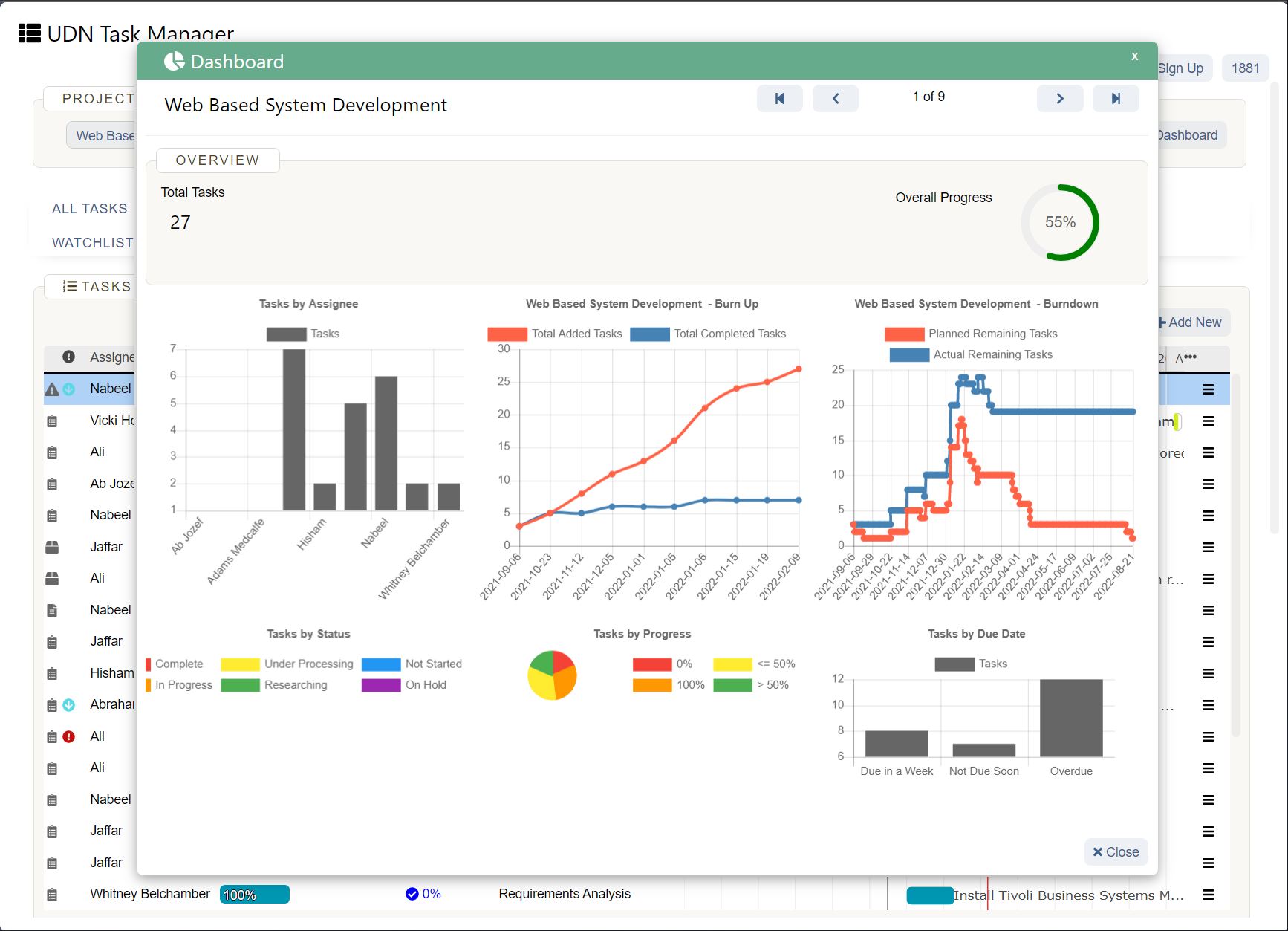
Make sure you motivate and lead your team Soft skills are very important. The people involved make the difference between success and failure. You can have knowledge and methods, but you need skills to motivate and lead. Maarten Verreck
Manage your people, not just your documentation Following the PM process and keeping up with all the communication tools like the risk log, issue log, schedule, and deliverables should all take a back seat to leading your team. For years I prided myself in being really good at the documentation side of project management, but it never really mattered that much. The most important skill a project manager must master is Leadership! Larry Sparkman
Build a bridge for two-way trust Trust is the biggest thing for me, because if I don't trust my technical team then I'm inherently suspicious of them and vice versa. Building a relationship of trust, and therefore openness, is crucial if you are to deliver multiple successful projects. Andrew Hudson
Stay flexible to take on every challenge Keep your knowledge constantly updated, trying to develop new capabilities and remaining flexible in terms of project management methodologies to use, etc. Things can change very rapidly in this field, and as the leader of your team, flexibility and a listening ear are most important to manage the risks and change. Nirmal Singh
Delegate wisely and lead by example Learn what you can delegate. Learn who you can delegate to. Lead by example. Work harder than anyone else. Treat everyone you touch with respect and kindness. Lori Galster
Train your people to be future leaders It should always be remembered that delegation is not purely about sharing workload. Also it gives the team member a sense of ownership and liability and allows them to learn... Today's team member can be tomorrow's PM. Andy Nelson, AMBCS, P2 Cert Practitioner
Think outside the box The key for successful PM is communication, problem-solving, and decision-making. Working smarter and offering solutions. Thinking outside the box and strategically looking at the bigger picture. Kassim Toorawa
Protect your team You "Protect" the project team, they do the rest. Onur Karabulut
And don't forget to proactively celebrate success! The most important part: celebrate with your team who made it possible! Puneet Gulati, MSP, PMP, ITIL v3
Be the Person Who Keeps Work Organized & Meetings Focused
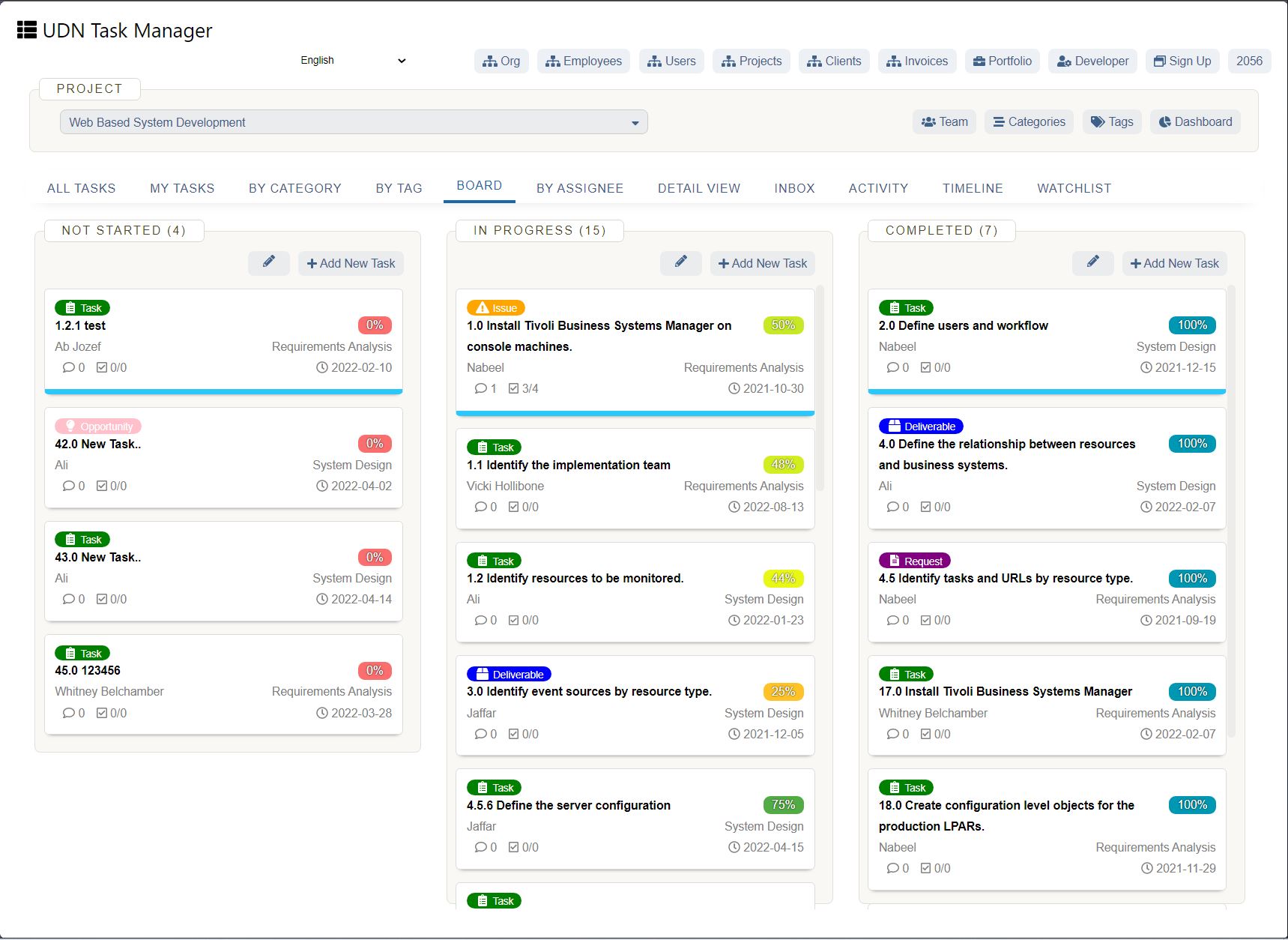
Use templates to stay organized Try to stay as organized as you can, use templates and other tools provided by PMI (you can find them on PMI's website). Bhawna Mundotia, PMP
Document! Document! Document! Always keep a track record of the work being done. Pietro Cecere
Step up and capture ideas during meetings If you are in a meeting that needs focus because people are talking in circles, step up to the white board or large note pad and start scribing their ideas, requirements, comments, issues, etc. — preferably into actionable categories. Do not speak! Just scribe. If they start to focus on what you are writing, then you can ask them if they want to identify owners for each actionable item. Jerry B. Fisher
Learn What Inspires Your New Team, Then Achieve Success Together
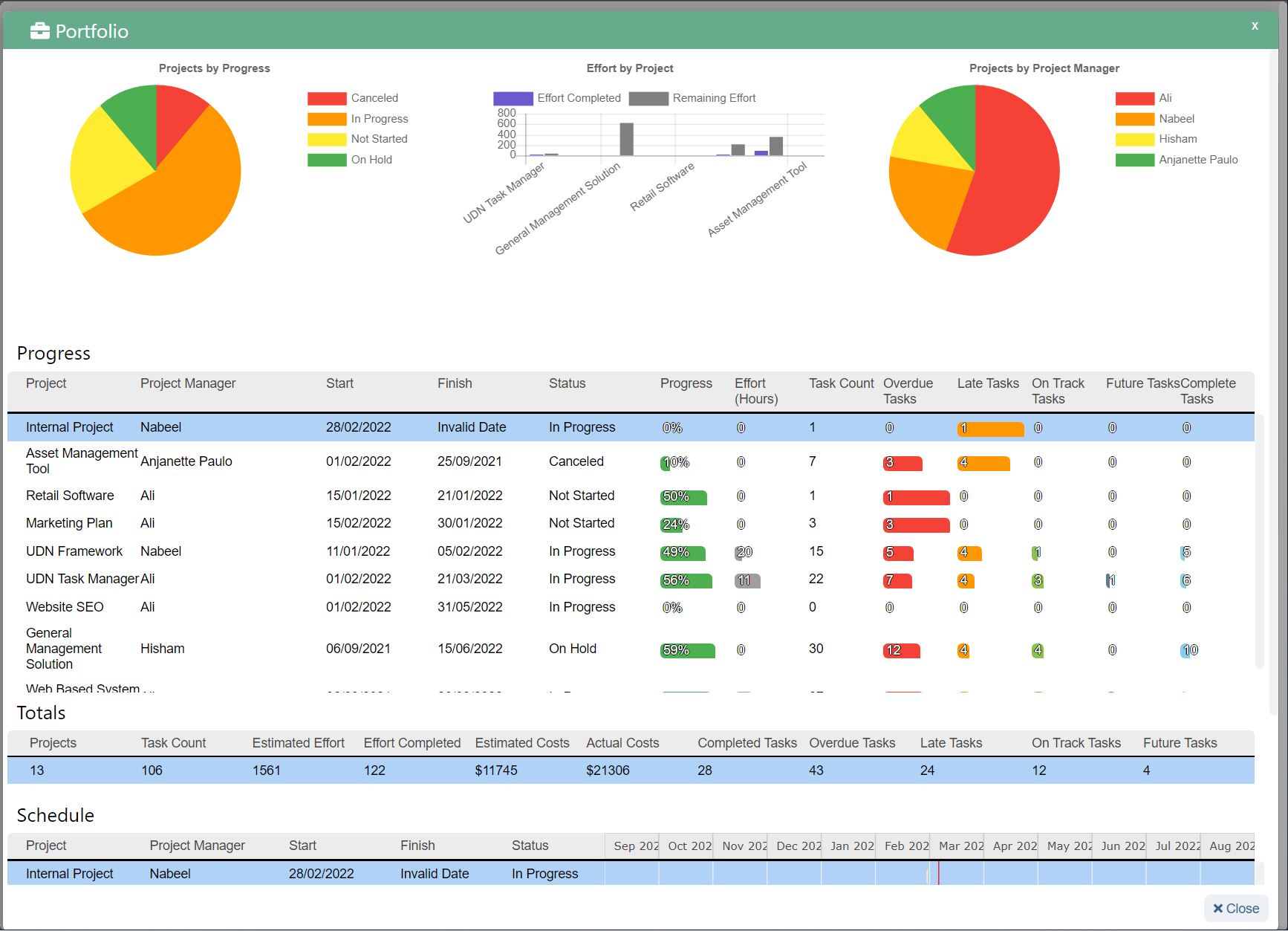
Know the working culture before you introduce change First understand the work/culture/situation, and then make your moves/changes. PMs always want to do something new and different based on their experiences, which is a good thing, but do it smartly. You can't just jump in and start making changes to the system without understanding it; every company has their own limitations, constraints , and culture. Make changes in such a way that they get absorbed in the right attitude. Santosh Maurya
Understand everyone's motivations Learn that project management can be as much about politics as handling projects. Remember that not everyone working on the project is actually for the project. Learn the motivations and intentions of not just your team, but also upwards to the stakeholders and business users. Andy Nelson, AMBCS, P2 Cert Practitioner
Build a culture of sharing and innovation to build a strong team Foster a culture where everyone's ideas are heard to allow more innovation to take place. The added bonus is that the project team itself becomes a lot stronger — team members are far more open to suggesting and working through ideas if they know they'll be heard, rather than thinking they'll be shouted down all the time. Andrew Hudson
Know the Limitations of Your Project Team — And Yourself
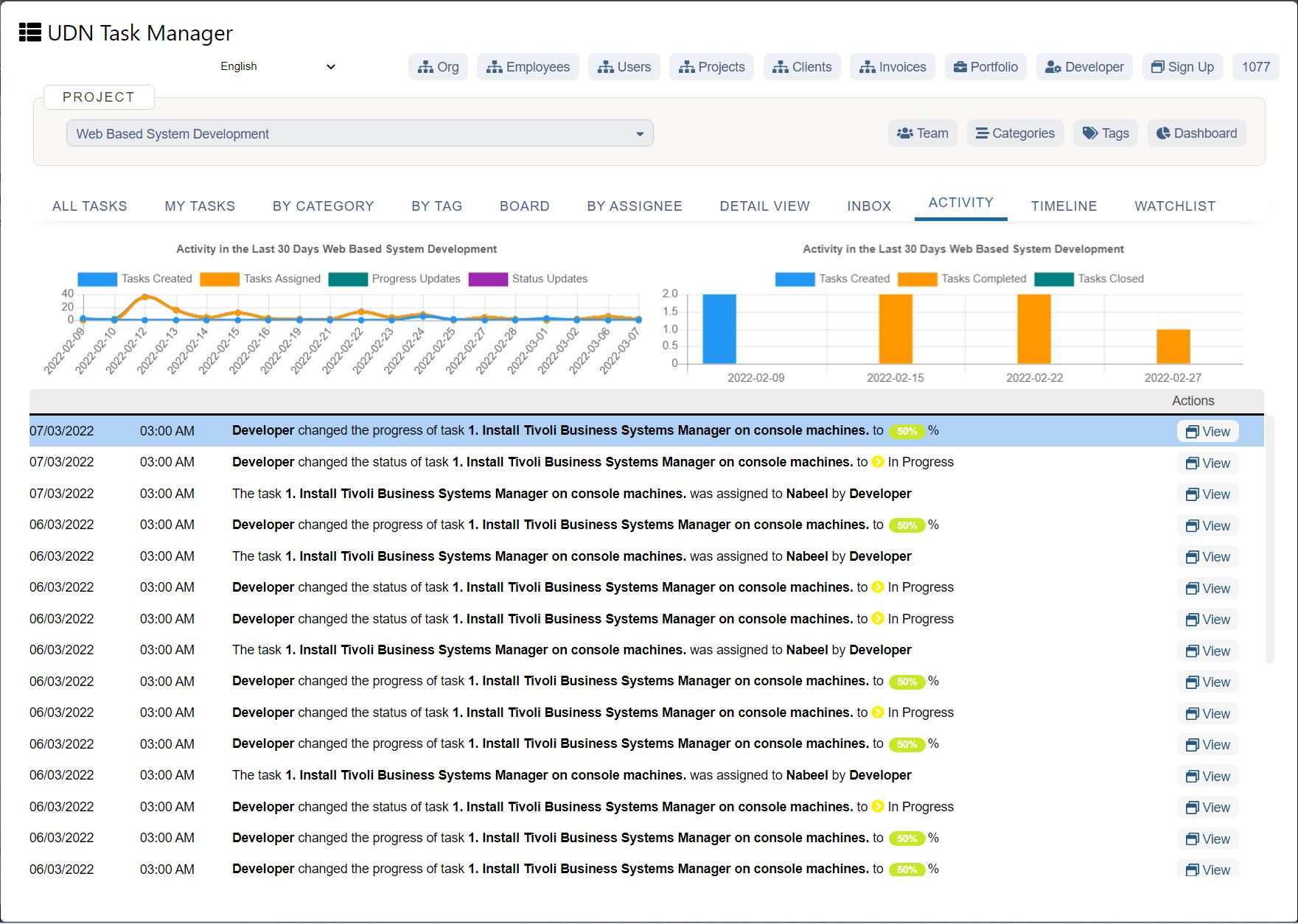
Don't forget the human The methodologies are great if well-used, but they won't work if you do not remember that you are working with other people. Human responses are not always logical or predictable. Tiago Prado
Know your team's strengths Understand the skill set & mind set of the people that you're going to handle in your team. Prabhu M
Leave egos behind Be aware of strengths and limitations in your team and, more importantly, yourself. There is no room for egos. Louie Turcotte, Jr
Find what sets you apart Determine your specialization and go for it. The best thing you can do is to decide what sets you apart and make that shine. Remember you are turning concepts into realities and it takes creativity to get you there. Develop thick skin and never fall in love with your first draft, no matter what it is. James L Thompson, PMP, CSM, Executive MBA, ITIL
Ask Questions to Understand Current Processes, & Keep Them Simple
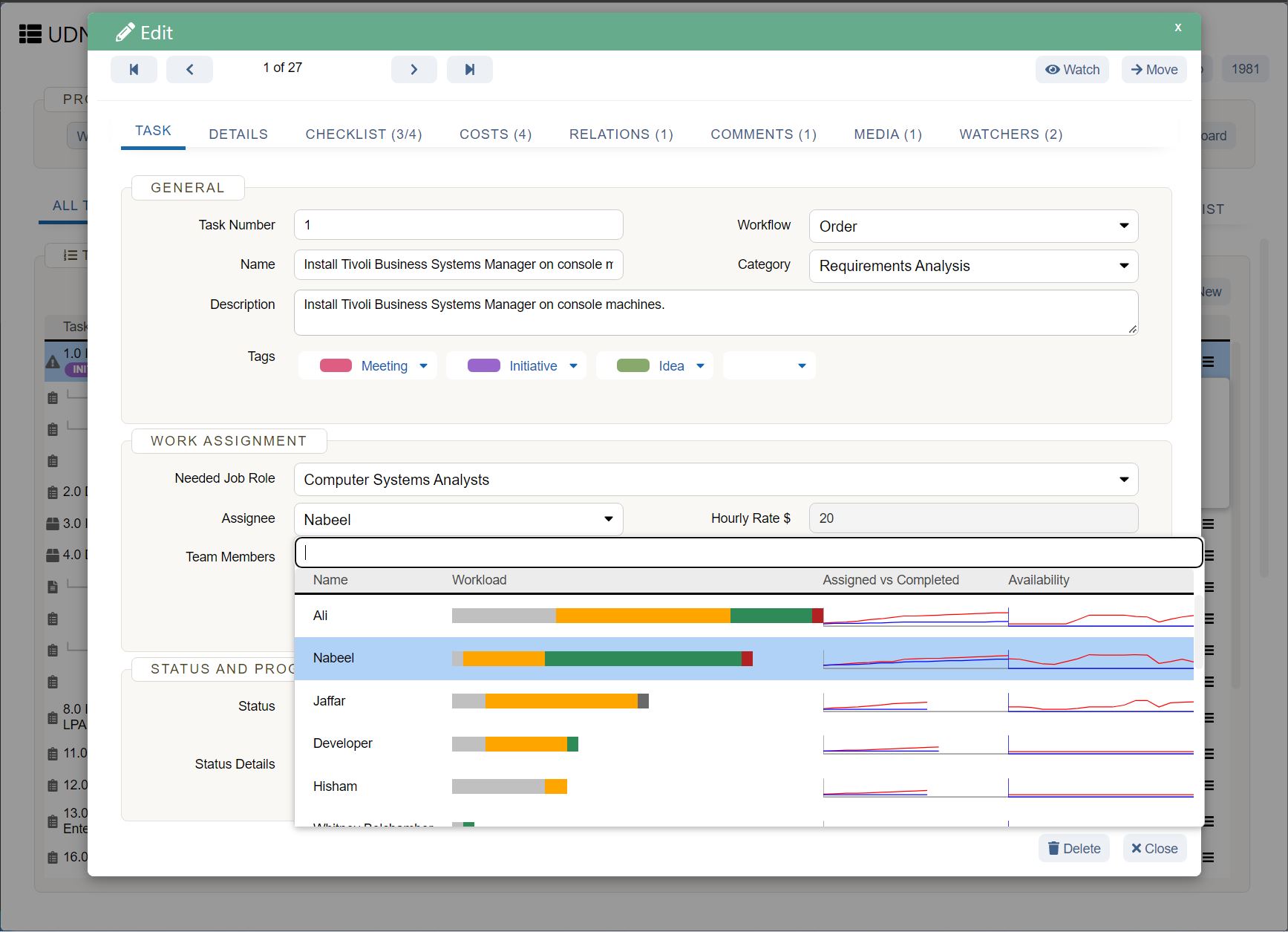
Ask follow-up questions When someone makes a suggestion, I like to follow up with background questions: When and under what circumstances have you implemented that in the past? Why was that approach successful? What made it more efficient, cost effective, etc.? Then I broaden my scope of understanding. Lori Galster
Don't make mountains out of molehills DON'T make a huge mind-numbing deal out of the project. Newbies are generally so eager to implement their knowledge or are so psyched up about being in the shoes of a PM, they generally end up overcomplicating simple things. I have seen "accidental" project managers perform better than those who come to the job armed with the whole pedigree of PM tools, techniques, and strategies. It's better to keep work simple and streamlined so that attention can be devoted to planning , actual implementation, and overall scope and quality control, instead of waiting for the heavens to open up and rain down! Trina Moitra
Make progress the priority Do not always look at things from a process perspective. Governance is important, but when it impedes progress then there is an issue. Dave Regan
Clarify Everyone's Roles & Responsibilities on Every Project

Understand your own role first Clearly understand your role and responsibilities and your delegated authority. This will depend on the type of organization you're operating under. Also understand your key stakeholders and their level of influence. Kassim Toorawa
Analyze project heartbeats daily I suggest accidental managers follow the RACI model and analyze project heartbeats daily. R- Who is Responsible to do the work A- Who is Accountable for final decisions and ultimate ownership C- Who is Consulted before a decision or action is taken I- Who is Informed that the decision or action has been taken The RACI model is helpful to define/identify/clarify roles and responsibilities. Once you have those, match them up with processes. It's especially useful in clarifying roles and responsibilities in cross-functional processes. For example, an organization may have a person who performs the role of project manager, and may also perform the role of test manager. Hambirrao Patil
Beware of role creep Watch for ROLE creep, which is similar to scope creep in a project. In role creep, your role as a PM might be under constant pressure — from academics, LinkedIn groups, co-workers, and especially those working above you. This is because there are so many forces at work around a substantial project, especially in a non-projectized organization where there is no discipline to comply with standardized and repeatable project management processes. There will be pressure to be innovative, be creative, and be an agent of change, and you will have managers asking you to list all your accomplishments. Your ultimate role is always to deliver what is in the WBS and project plan , use a designated process for scope change , risk monitoring, and issue management, and maintain good communication. Michael Ayres MS, PMP, CISSP, CSEP
Make Sure You Have a Full Understanding of the Project Objectives, Assets, & Risks
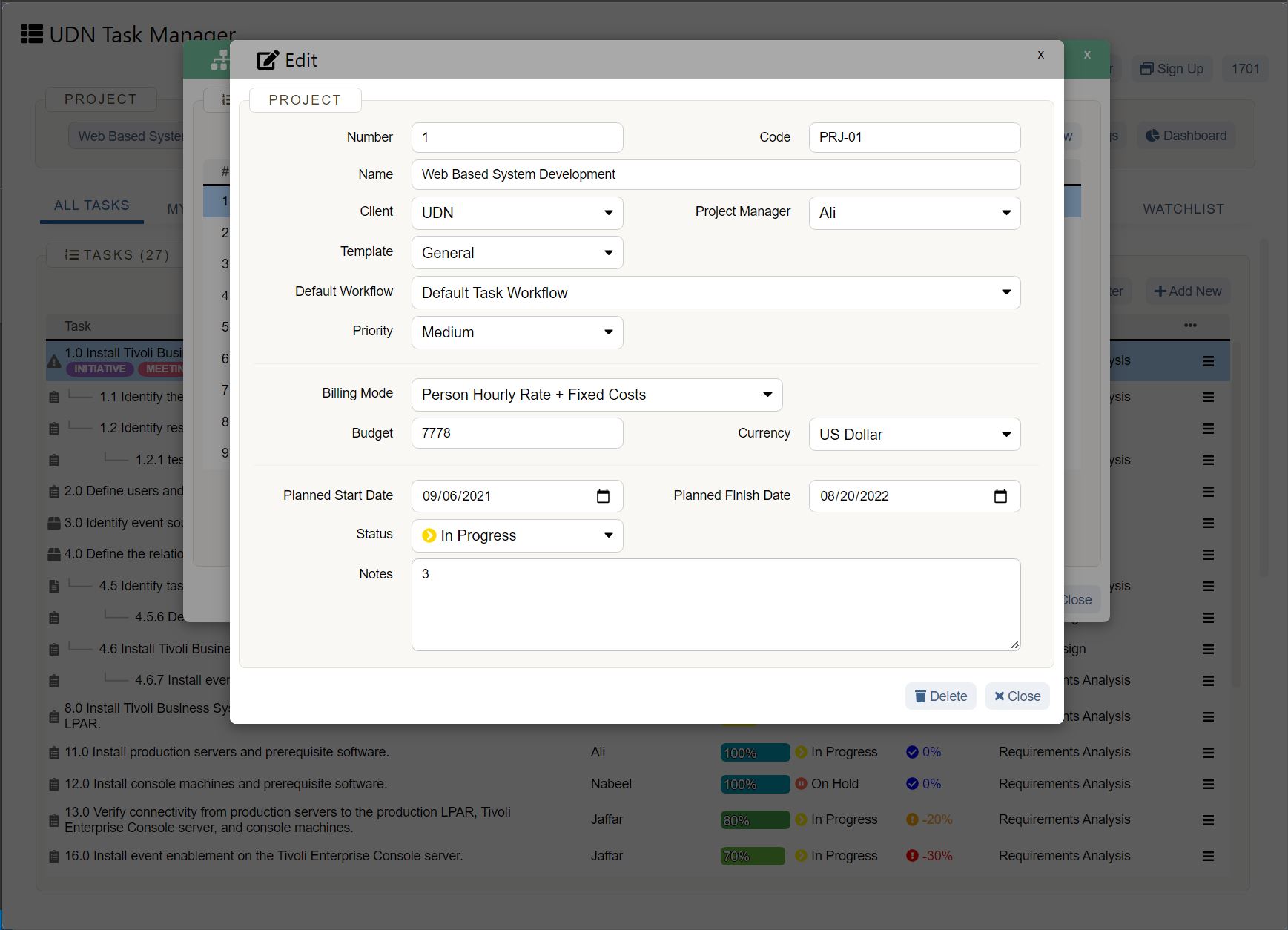
Know the project inside out Understand the project — so the planning, objectives, results that the project wants to achieve, and of course know the monitoring plan: what are the indicators, its tools, etc. Marta Acero
Set the goals first Establish the goal and objectives ( SMART ) of your new project. Once this is done well, I would immediately do the PESTEL analysis and build the SWOT analysis . Then, it's planning, communication, and organization. For your project setup plan, you can also use the What, When, Who, Which, Where, etc. model. Osvaldo Mirante, PhD
Understand the project needs Having a clear understanding of both the functional and technical definition/needs of the project upfront, with stakeholder buy-in, is extremely important. Muqtader MBA
Make sure the project achieves its original goal Focus on specified project objectives ! Muqtader MBA
Control the project scope Knowing your exact scope of work very well is the key to controlling the rest. Mohammad Hamdan, PMPⓇ
Think about what can outside forces could affect your project — positively or negatively Look for organizational process assets that are available to you. Identify the environmental factors that will influence your projects and how they'll be delivered. Thomas J. Dickie, PMP
Make work actionable Make sure everything is actionable and responsibilities are assigned and transparent. Henriette Ebbesen Laidlaw
Allow time for multiple iterations Plan and drive project activities according to strategic guidelines. Allow the project team a few iterations over viable and plausibly valid alternative solutions. Never be afraid to ask the project owner for clarification or adjustment of target, timeline, resources, or scope. Janos Veres
Don't forget to manage potential risks You need to understand the organization's culture to make a roadmap and deliver projects on time and within budget. You should also keep an eye on risks arising during the course of project implementation, with a risk mitigation plan in place. Puneet Gulati, MSP, PMP, ITIL v3
Get Buy-In From Stakeholders Early & Manage Their Expectations Along the Way
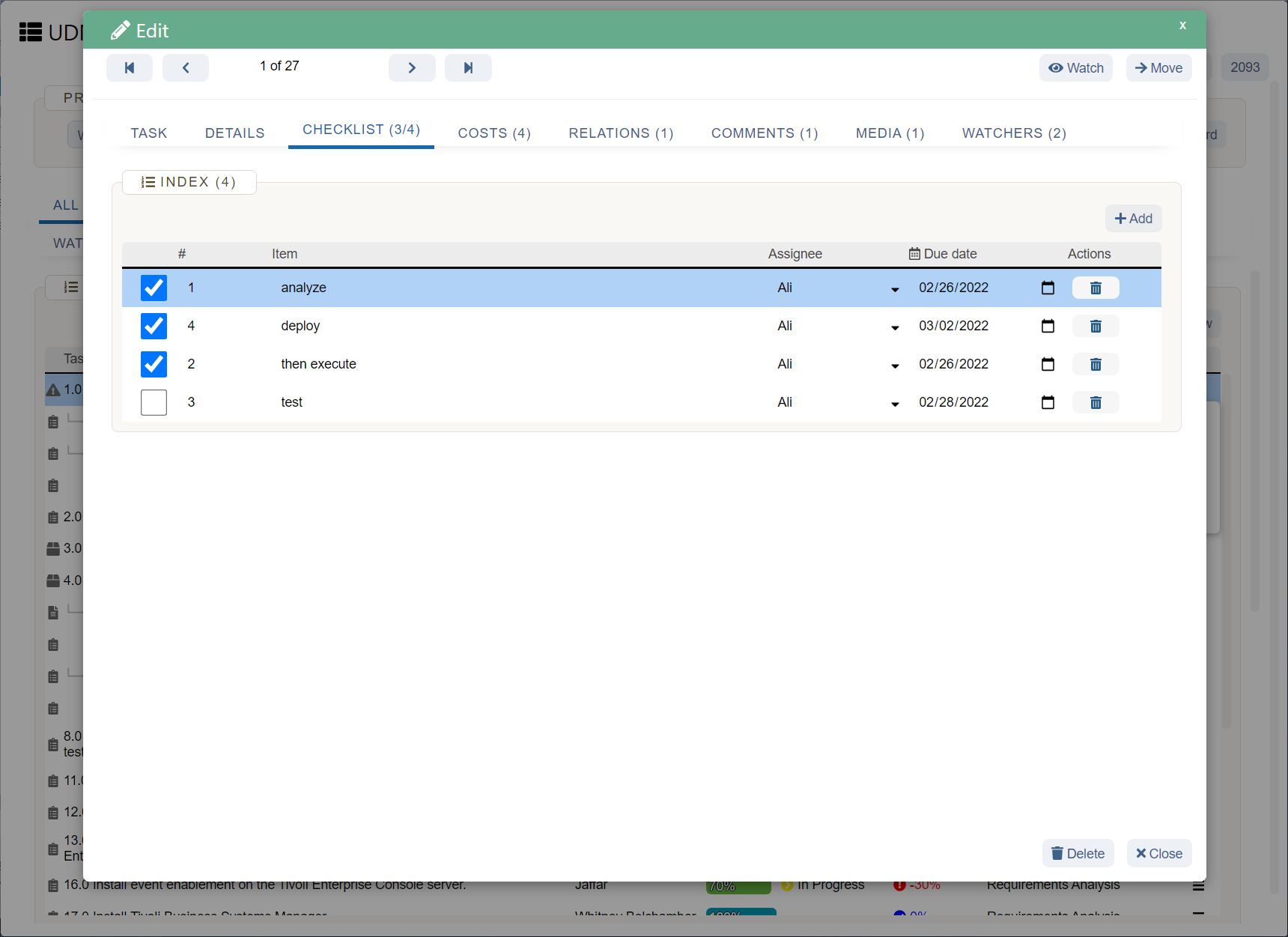
Identify every stakeholder Identify all stakeholders and develop terms of references. This will align all roles of different individuals in the project and make it easier to relate with them. Lesiba Noah Konaite
Sell the project to all necessary parties Involve as many as possible stakeholders at the beginning of a project to gain broader buy-in. Andries Venter, Inclusive Project Manager
Hold 1-on-1 project feedback sessions Before kicking off the project, connect with all the key stakeholders in 1-on-1 sessions to get their input on the project, their goals, their level of support, etc. This will uncover hidden "gotchas" and misalignment that may come up later if you don't do this. Tom Treanor
Make stakeholders believe in the goal, not just the budget Getting stakeholder buy-in on the outcome and benefit of completing the project is more important than stakeholder acceptance of the scope, schedule, and budget. If decision-makers believe in what the project will achieve, they will be more likely to accept changes to the scope and tolerances if you can show that it will lead to a better outcome. If all you've sold is a budget and a delivery date, you're doomed to failure. Chris Cox
Continually manage expectations as the project goes on Manage the stakeholders' expectations within given limits. That would encompass all the necessary requirements such as deliverables, scope, etc. John Mpungu
Don't Be Afraid of Failure, Learn From It
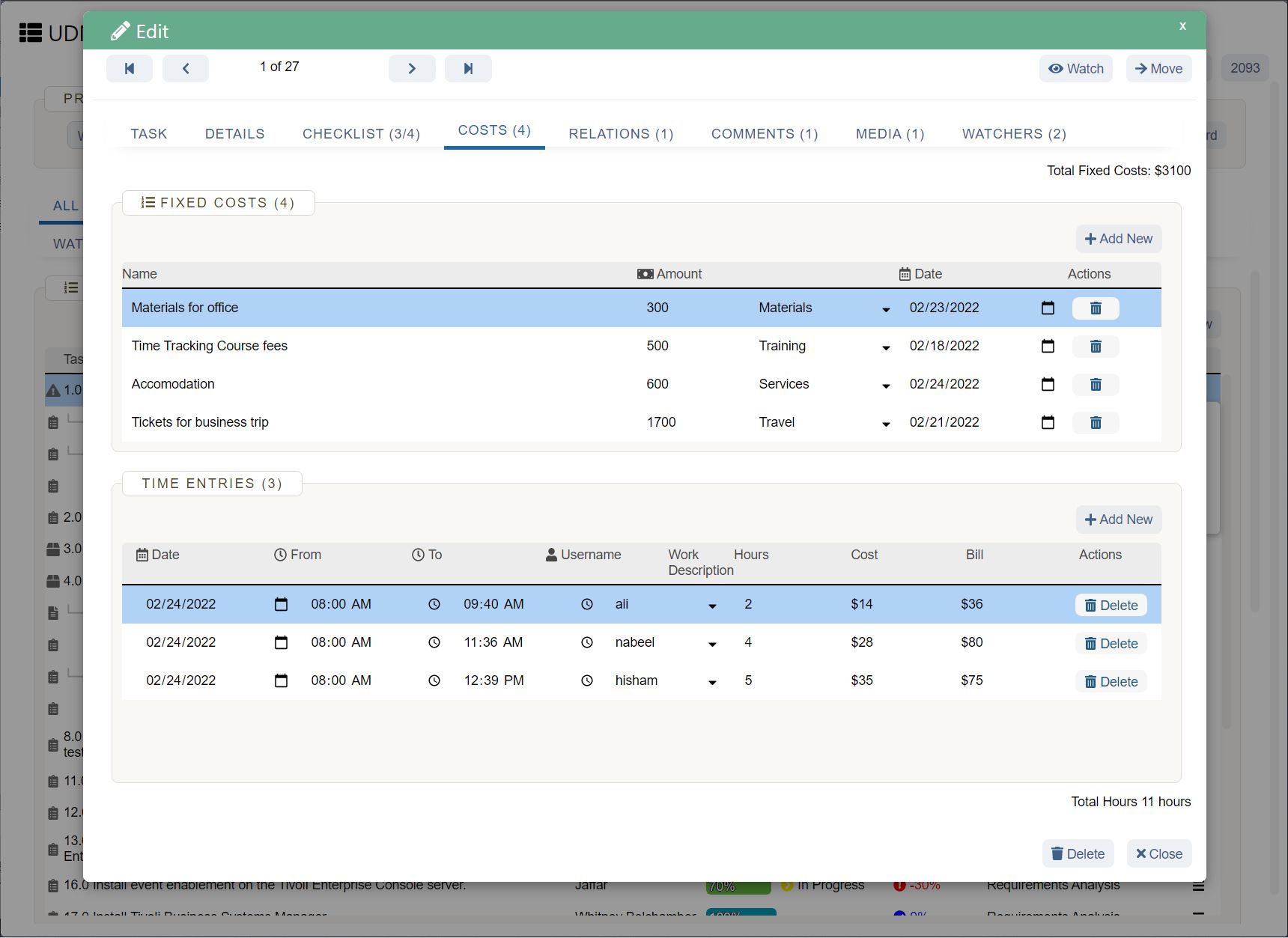
Fail fast, recover faster Failure is an option. Fail fast so you can recover quickly and learn. Sreekumar Govindan
Turn mistakes into learning opportunities Don't be afraid of mistakes — learn from them. They are the building blocks for future success in this challenging and dynamic profession! Susan Kirkpatrick, PMP, CSSBB
Deliver what the business actually needs A high percentage of projects fail because they don't deliver what the business needs. Even when you have that nice 400-page requirements document that was signed off on, it does not mean everyone understands what is being delivered. Thomas J. Dickie, PMP
Ultimate Success Comes From Careful Management, Not Just Careful Planning
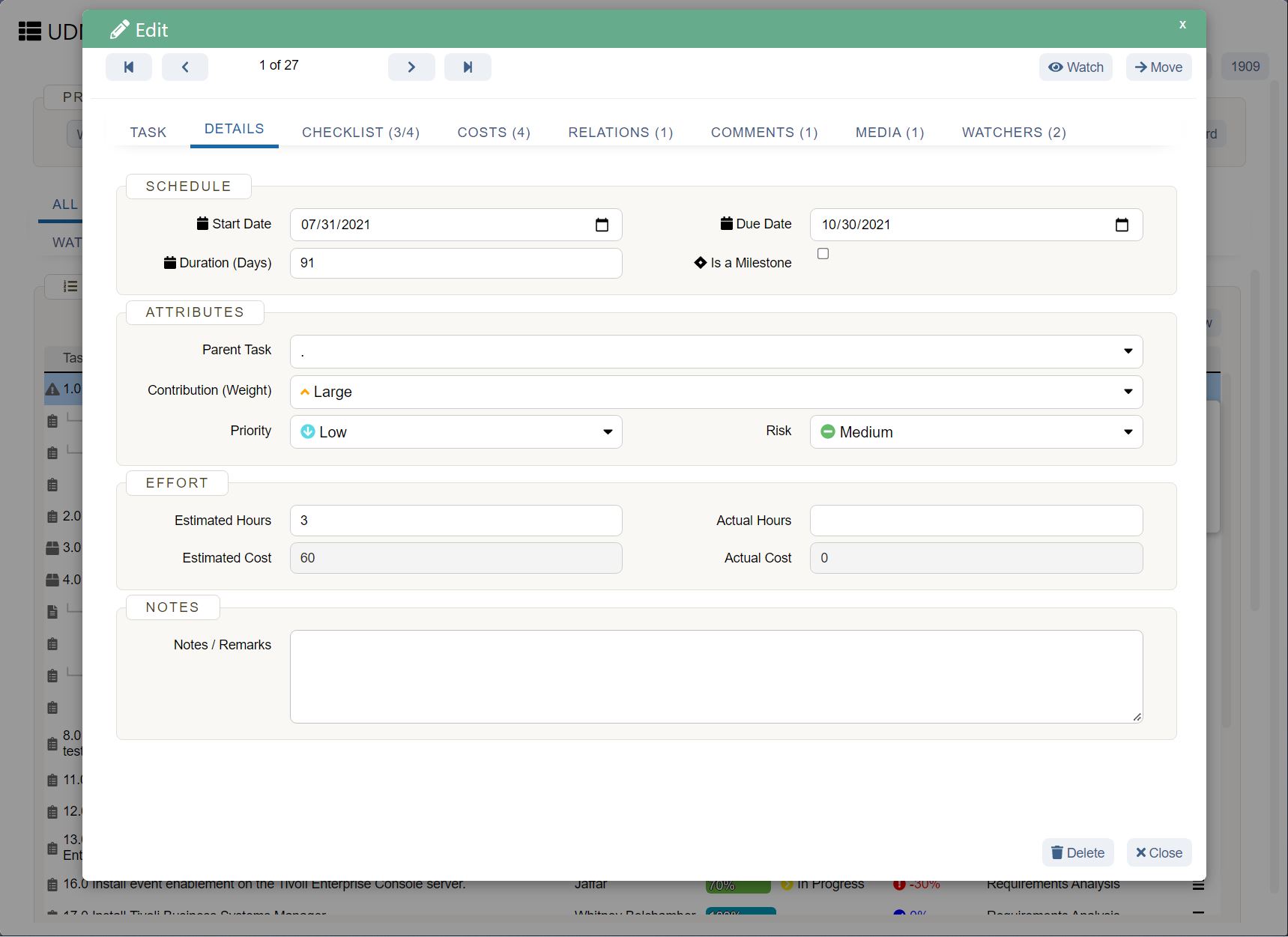
Manage the problem, not just the Gantt chart Reality drives the schedule, not the other way around. It's not about wrangling Gantt charts, it's about wrangling people and problems. James Radvan
Plan to succeed & persevere Every day there is a chance that you will have your back to the wall. Plan to succeed. Coordinate your priorities, delegate to those in your team, and make the project work. Paul Alwood
Keep your eye on the overall objectives No one on the business side cares about the Gantt chart or status reports or the PM deliverables. What they are looking for is the capabilities to achieve the business objectives your project will deliver. Thomas J. Dickie, PMP
And Remember: Nothing Beats Hands-On Experience
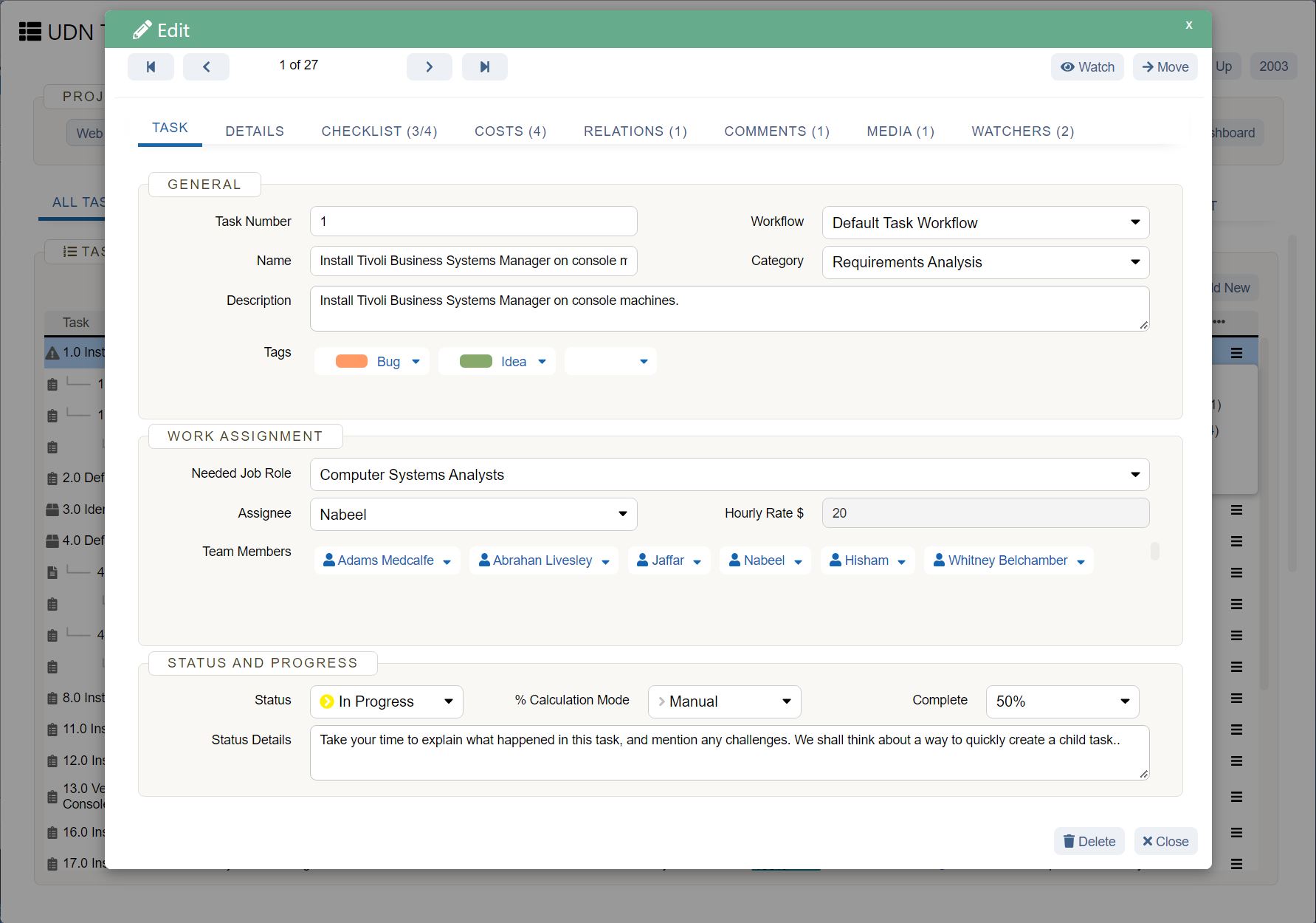
You can't fake experience Experience is the most valued ingredient of the perfect PM brew, and that can either come with the salt and pepper of years or from a very competent mentor. There is no way to fake experience. Trina Moitra
Expose yourself to real-life situations early on Gain as much experience in project management as you can. Books, theory, and concepts are all fine, but real-life situations are much tougher. The more you face these situations, the smarter you become. There is no better way to learn project management than to expose yourself to real-life situations. Mangal Pandya
Rely on your people skills, and push for the success at the end of the project Don't give up. A Project Manager position is not a rewarding job every day. You have to work really hard to get things done (especially in a Matrix environment), so you have to rely on your people skills a lot. (Keep those sharp!) In the end, you will persevere, and when the project finishes successfully, you will love that feeling of success. Bhawna Mundotia, PMP
What advice can you share?
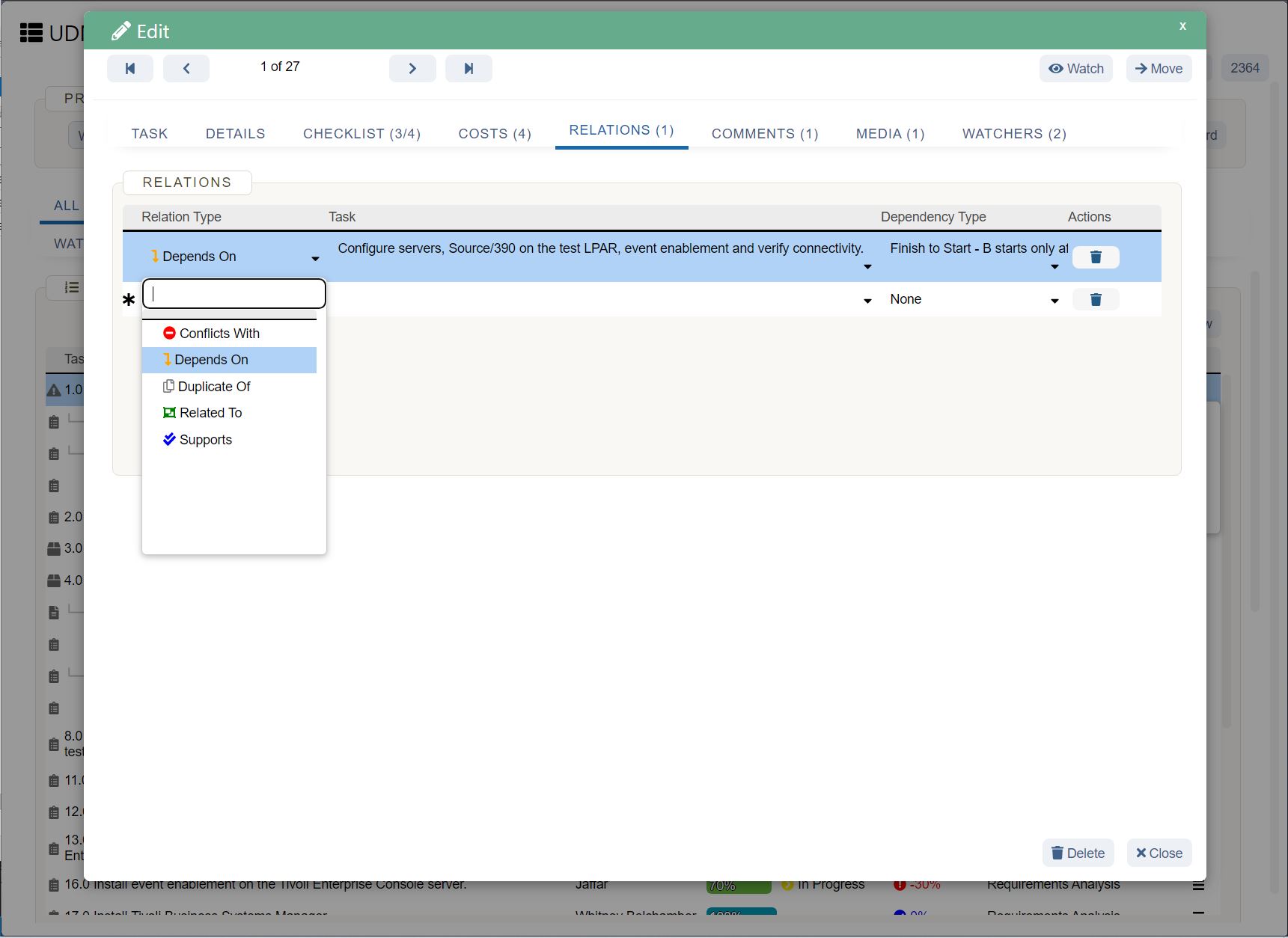
Understanding the basics of how to start a project management business and how to manage project managers are necessary first steps to take. Have any additional information on how to improve your project management skills ? Let's keep the conversation going here! Share your advice and thoughts in the comments below. Tell us what you'd add to this list, or expand upon a piece of advice that really resonated with you.
*Note: Some of the above responses have been slightly modified for clarity, grammar, and length.










